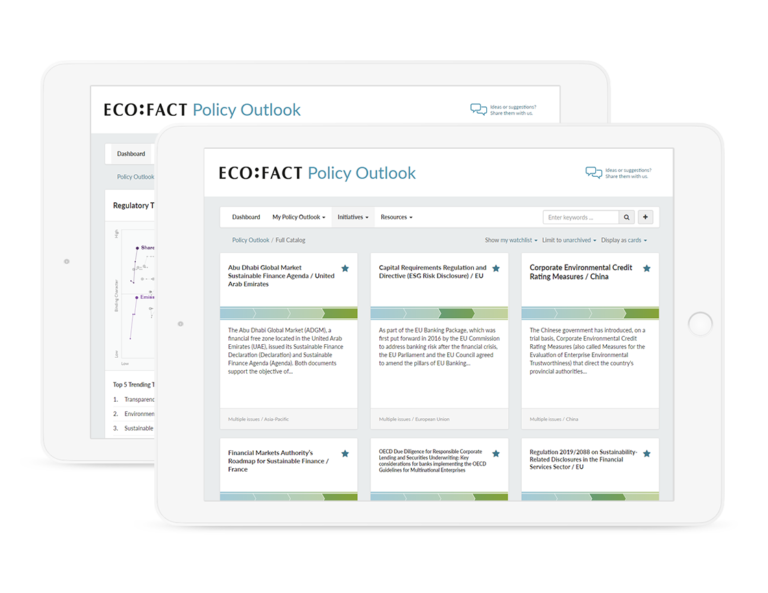The Swiss Responsible Business Initiative was rejected. What now?
Yesterday, on November 29, 2020, the Swiss popular initiative on mandatory environmental and human rights due diligence (commonly referred to as the Responsible Business Initiative (RBI)) was rejected. Consequently, a counterproposal sponsored by the Swiss Federal Council in the form of an amendment to the Swiss Code of Obligations will now move forward. While the RBI was an attempt to introduce broad mandatory environmental and human rights due diligence requirements, in contrast, the counterproposal focuses on non-financial reporting as well as mandatory due diligence expectations for mineral supply chains and supply chains related to goods or services with a well-founded suspicion of child labor.
The first important thing to keep in mind is that the counterproposal still needs to pass through the final steps of its adoption process, which might include another popular vote, before entering into force and becoming applicable to companies operating in Switzerland. The non-financial reporting obligations in the counterproposal mirror, to a great extent, the obligations companies operating in the European Union face under the EU Non-Financial Reporting Directive (NFRD); they are also aligned with the current international sustainability reporting environment, which counts more than 260 regulatory initiatives around the globe.
Secondly, although the RBI was rejected, Swiss companies still face environmental and human rights due diligence expectations. Companies operating in Switzerland must not lose sight of the international regulatory frameworks that underpin both the RBI and its counterproposal, such as the United Nations Guiding Principles on Business and Human Rights and the OECD Guidelines for Multinational Enterprises. These frameworks are the cornerstones from which the counterproposal’s terminology is derived—globally, more than 140 due diligence regulatory initiatives are also aligned with these frameworks.
Even though the counterproposal would facilitate fewer possibilities of adjudication and sanctioning before Swiss courts in cases of non-compliance compared to the RBI, companies operating in Switzerland must not take due diligence expectations less seriously. It is paramount that companies have adequate policies and processes in place that are aligned with regulatory requirements and international, government-backed due diligence standards. Such due diligence systems are expected to be an important element of the counterproposal’s disclosure rules.
ECOFACT — with its more than 20 years of experience in environmental and human rights risk management and due diligence — is ready to help you. We have developed an innovative solution for regulatory implementation that helps our clients strengthen their in-house awareness, capacity, and ownership over newly introduced policies and processes. We are looking forward to supporting companies operating in Switzerland in their successful and timely implementation of the counterproposal’s obligations.
To know more about the counterproposal’s obligations:
Obligations in French: Code des obligations (contre-projet indirect à l’initiative populaire «Entreprises responsables –pour protéger l’être humain et l’environnement»). Modification du 19 juin 2020.
Obligations in German: Obligationenrecht (indirekter Gegenvorschlag zur Volksinitiative «Für verantwortungsvolle Unternehmen –zum Schutz von Mensch und Umwelt»). Änderung vom 19. Juni 2020.
 All posts
All posts Contact
Contact



